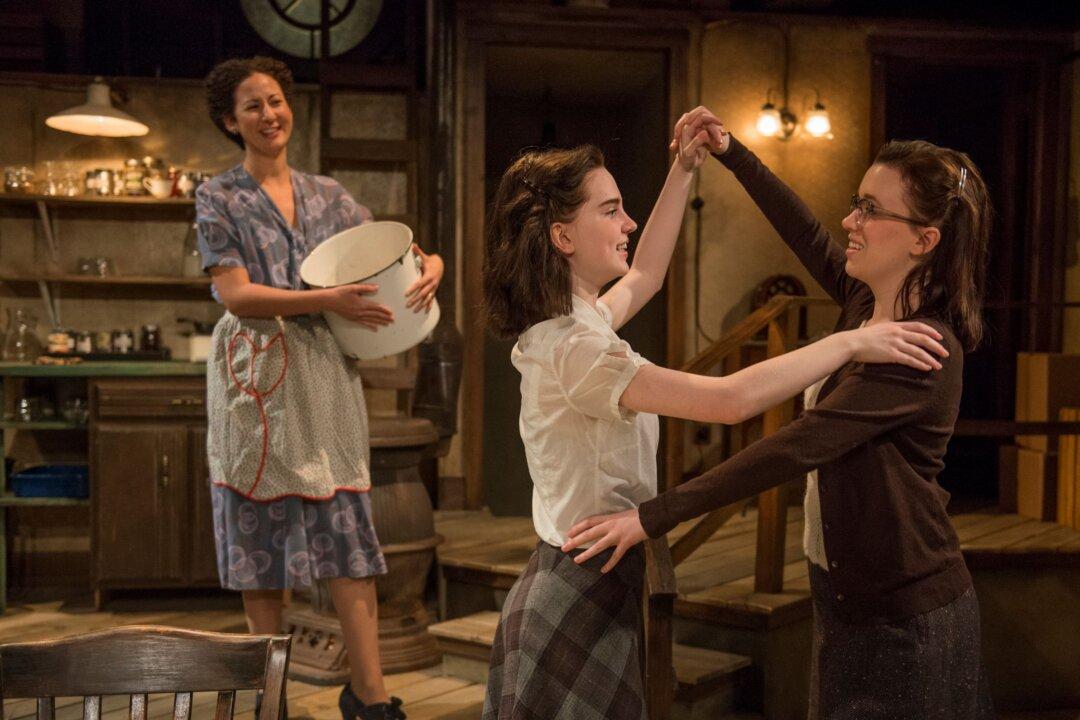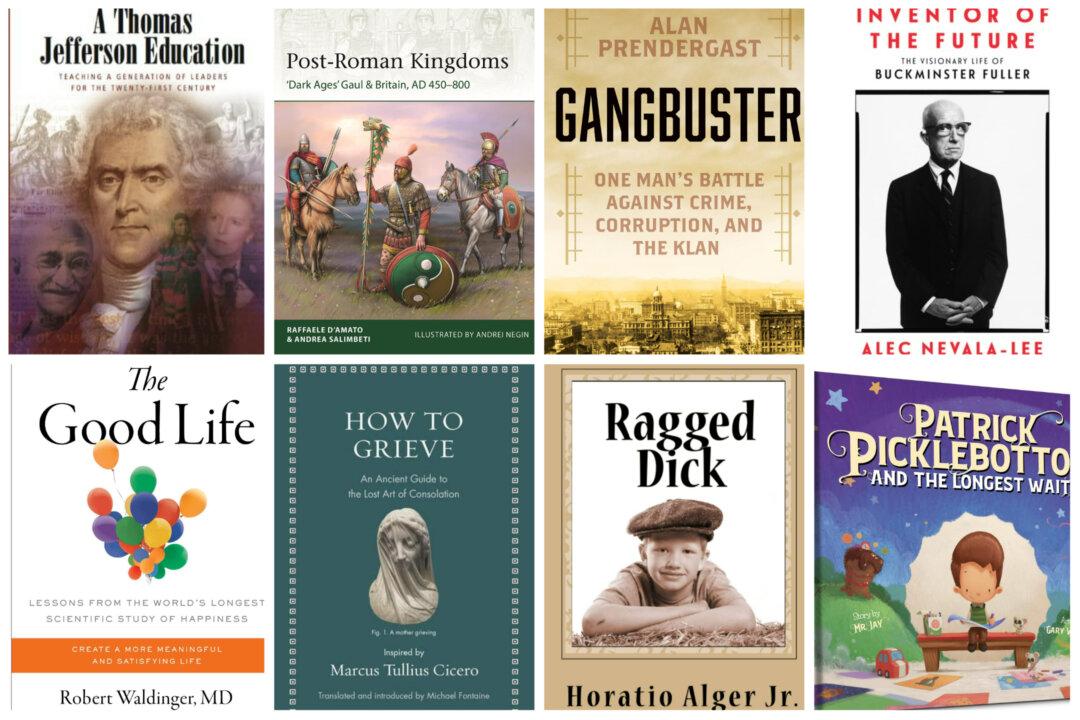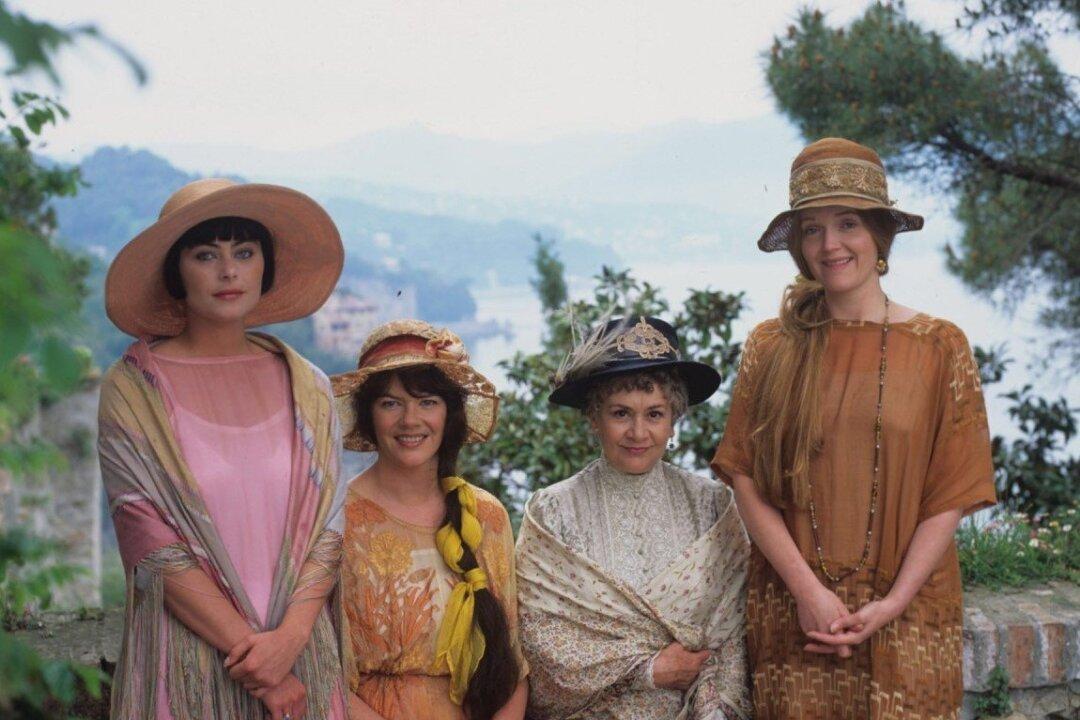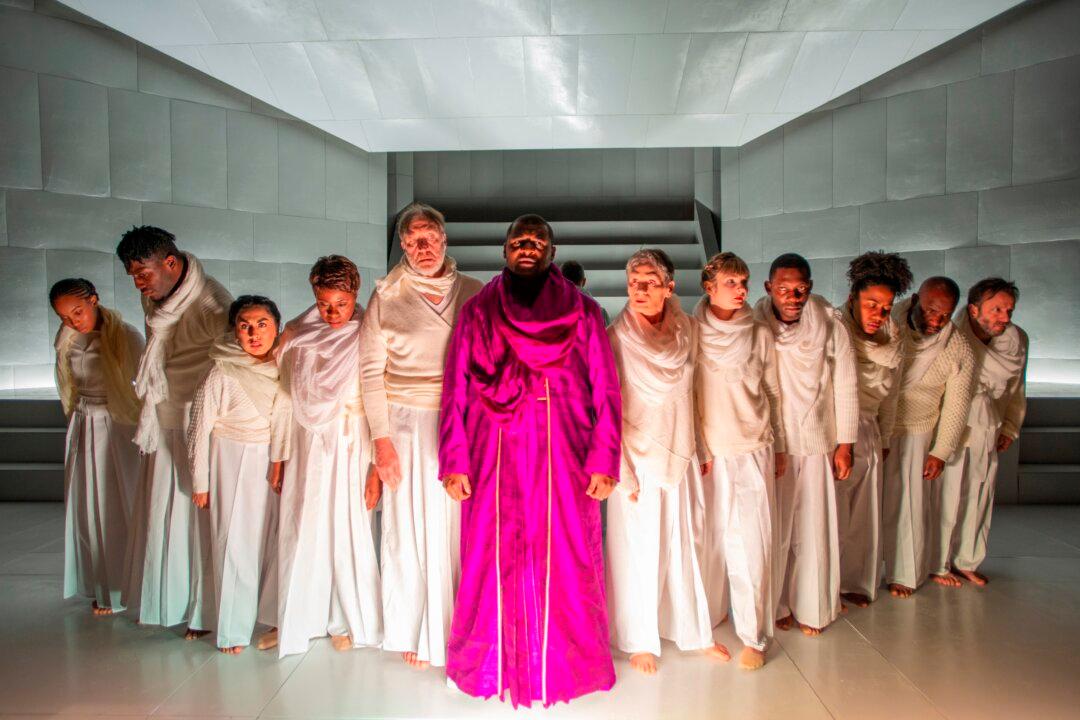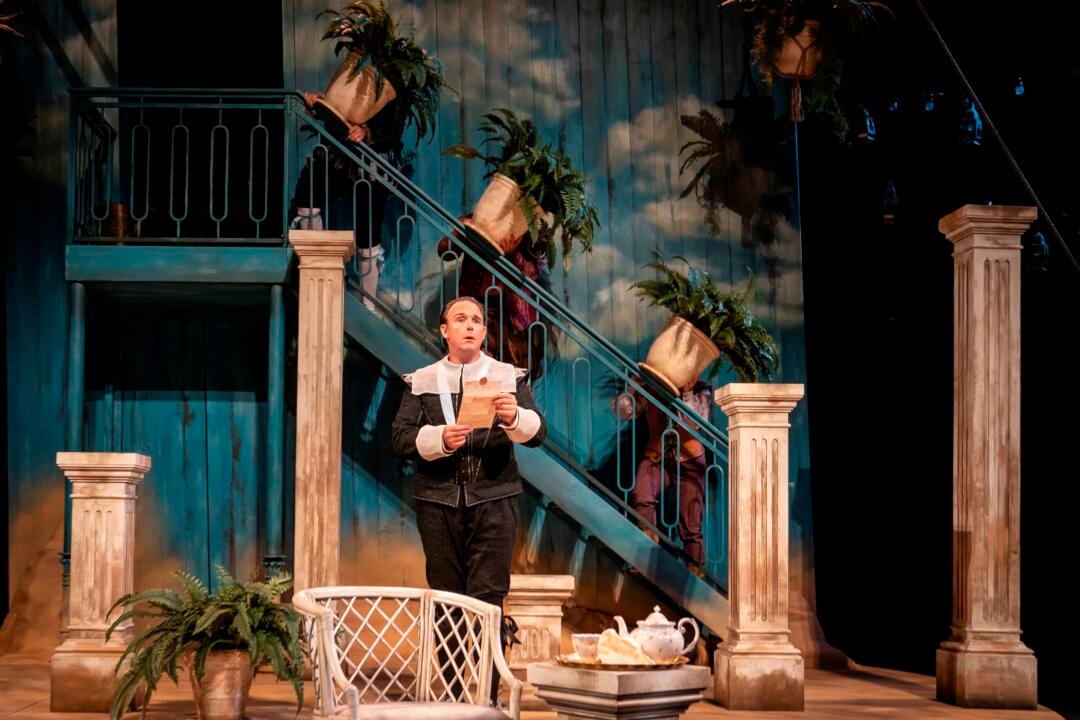GLENCOE, Ill.—“The Diary of Anne Frank,” the current production by Writers Theatre, is newly adapted by Wendy Kesselman and directed by Kimberly Senior. It is also superb.
As I sat in a darkened theater watching the story of a young girl persecuted for her faith by a state-sanctioned genocide, I couldn’t help but think of Christine.
In Beijing 2001, in one of the hottest Julys on record, Christine Lin was separated from her mother and locked in small jail cell. The pair had been in an apartment talking with friends and had no idea they had been followed. They knew they were in danger—just being in China was dangerous.

